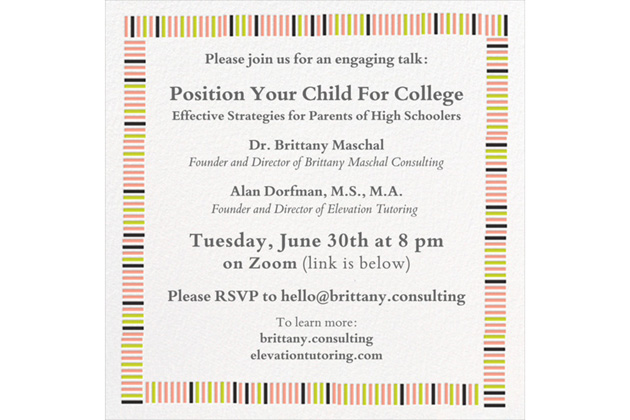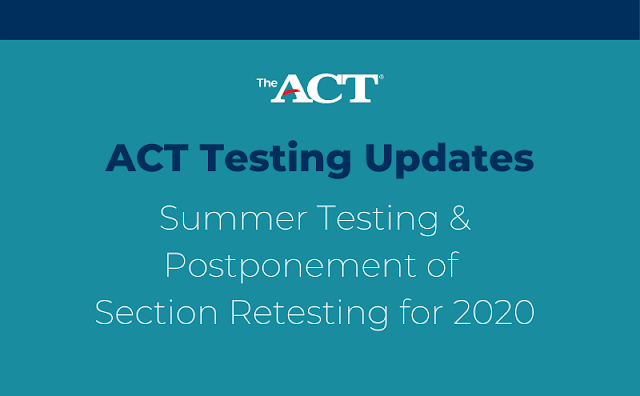This year, both applications have added an optional 250-word essay to address the impact COVID-19 has had on you. The prompt for the Common App is as follows (and you can find the Coalition prompt here):
Community disruptions such as COVID-19 and natural disasters can have deep and long-lasting impacts. If you need it, this space is yours to describe those impacts. Colleges care about the effects on your health and well-being, safety, family circumstances, future plans, and education, including access to reliable technology and quiet study spaces. Do you wish to share anything on this topic? Y/N
If you check “yes,” you will see: Please use this space to describe how these events have impacted you.
Of course, everyone has been affected by the pandemic: many students were not able to complete an internship, attend a summer program, or retake the ACT—and of course, almost all students ended up having to attend classes virtually for the spring semester. Colleges know the pandemic has limited options for every student in many ways! If these normal limitations represent the extent of your experience with COVID-19, we encourage you to skip this essay. AdComs will be reading so many of these essays that an unexceptional one will do little to bolster your application.
If you feel you’ve had an exceptional experience, however, read on for examples of some circumstances that might be acceptable to talk about in this essay. Although this list is not exhaustive, it should give you a sense of what AdComs might expect to read in this new space.
Circumstances that might warrant an essay:
- Illness: You were very sick; a close family member was very sick; or, in the worst-case scenario, someone close to you passed away.
- Relocation: You were forced to live elsewhere during this time because you lived in an area with a very high infection rate, because a family member fell sick, or to support a family member with a compromised immune system.
- Family Circumstances: A family member lost their job or was furloughed and this affected your family’s situation in a profound way (where you lived, access to basic needs, etc.).
- Education, including access to reliable technology and quiet study spaces: Any of the above happened, which resulted in a profound impact on your ability to learn during this time; for instance, you were not able to attend school during this time because you needed to work to support your family or you had no, or very limited, access to a computer with reliable internet.
- Future plans: If the pandemic prompted you to rethink your plans for college (you now, for example, want to focus your studies on healthcare policy or ed-tech), it would be acceptable to talk about that impact in this essay.
- Exceptional Acts of Service: If the pandemic inspired you to perform an extraordinary act (or acts) of service, ones that had a real impact in either your local community or further away (via online tutoring, for example), admissions officers would want to hear about that, too.
*Stay in the know! Subscribe*









